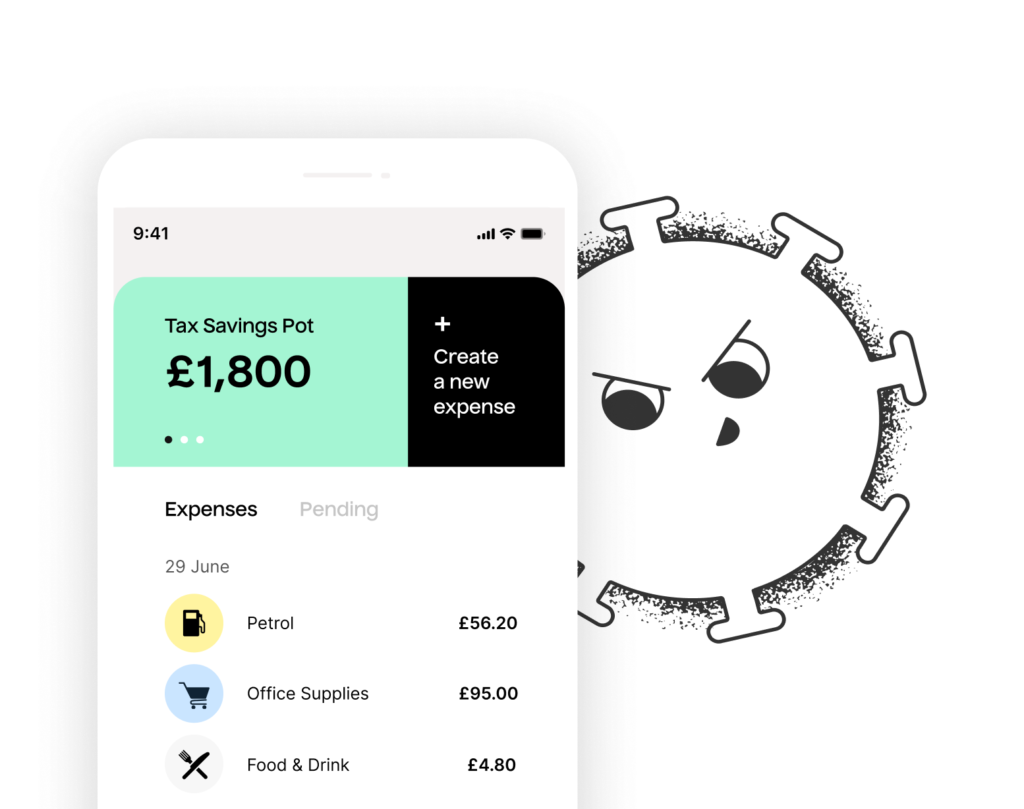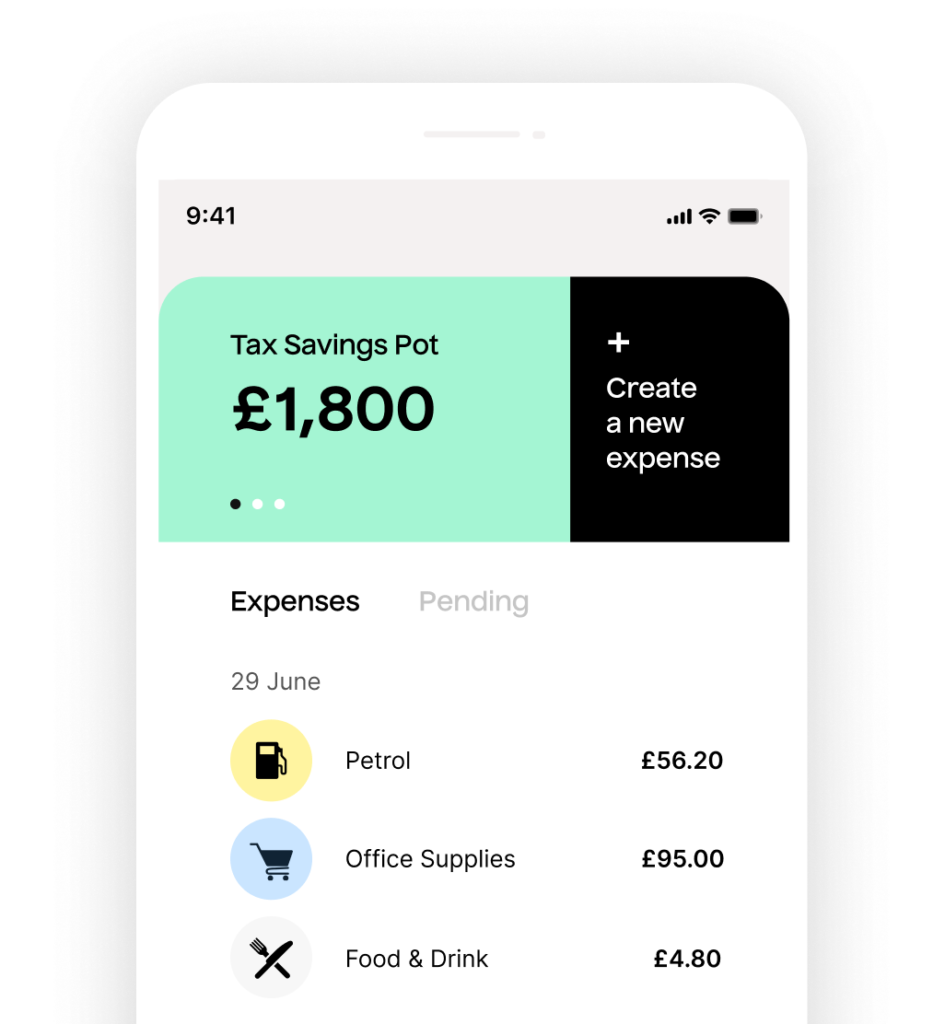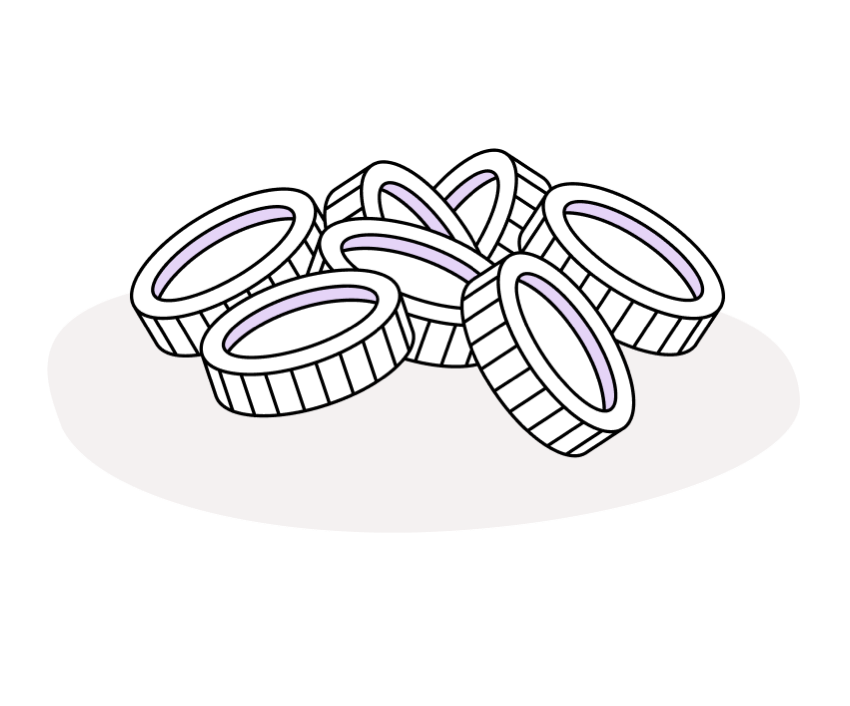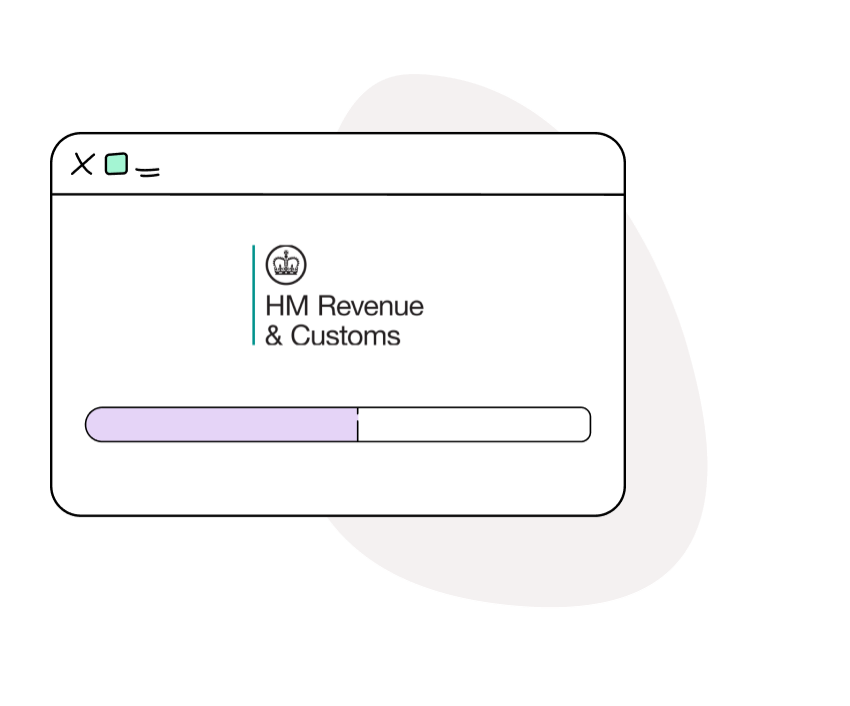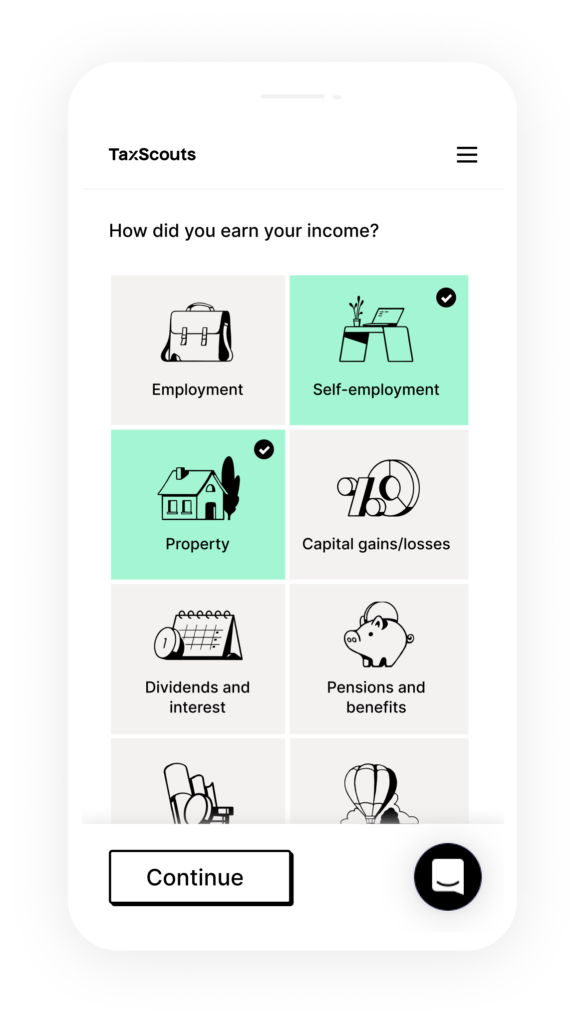If you received a SEISS government grant, it needs to be included on your tax return alongside any other income you earned. And if you haven’t already factored this in, you will owe more tax than expected.
Can we offer you some (optional) cookies?
Optional cookies help us to improve our product and make your experience as seamless as
possible. But we'll only turn them on if you're happy for us to.
Learn more in our cookie policy.
